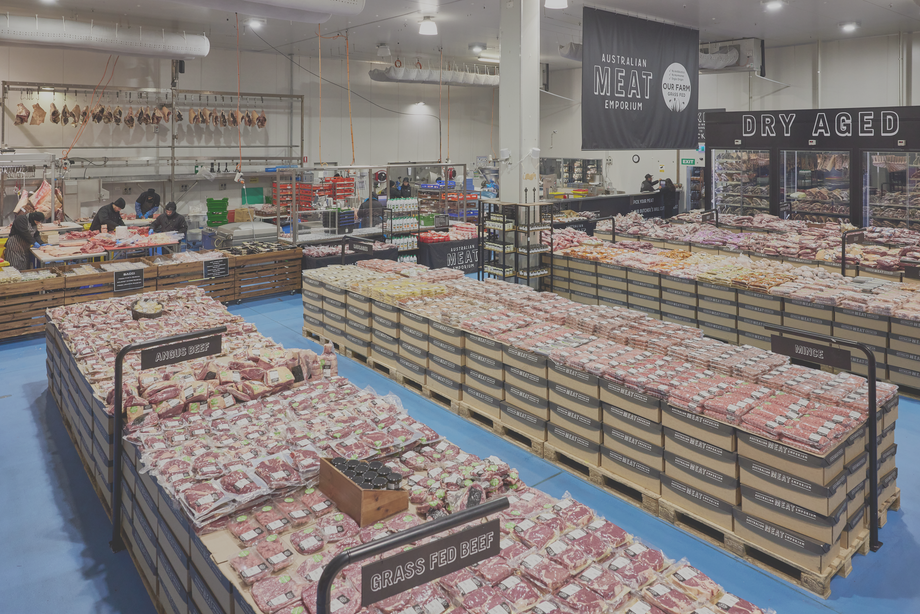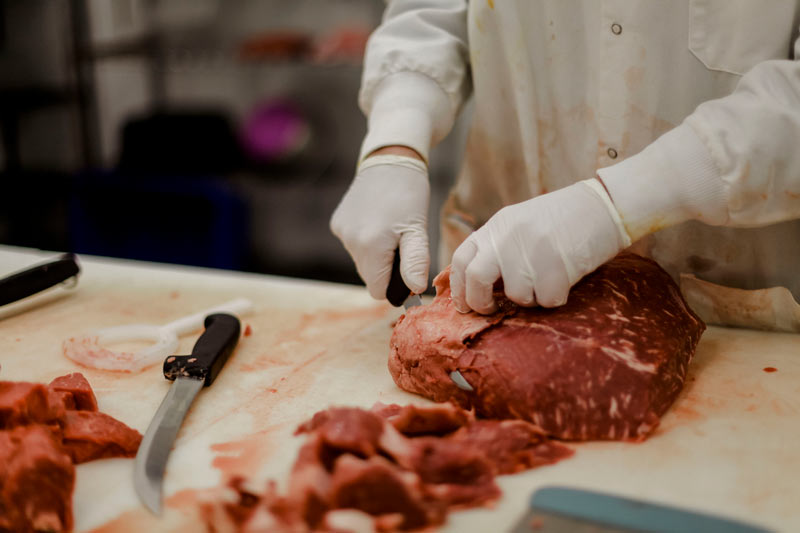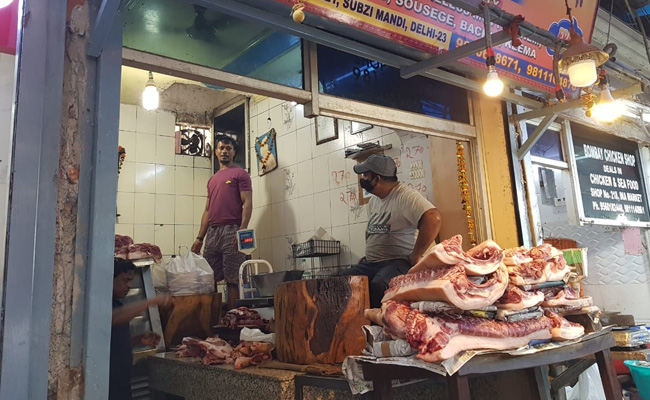From Farm to Table: Accepting the Custom of Meat Markets and Butcheries
In a period controlled by convenience and mass production, there exists a peaceful change happening in the culinary world - a return to the roots of food sourcing with the custom of meat markets and butcheries. These facilities, frequently ignored in the darkness of grocery stores, are experiencing a resurgence as discerning consumers seek high quality, traceability, and a link to the beginnings of their food. What is driving this shift back to the methods of old? The response depends on the intersection of heritage practices, moral factors to consider, and a wish for a much more genuine gastronomic experience.
The Rebirth of Meat Markets
The renewal of meat markets across numerous communities shows a change towards a restored recognition for locally sourced, top quality meats. In current years, consumers have actually ended up being much more conscious of the beginnings of their food, leading to an expanding demand for openness and sustainability in the meat industry. This fad has led the way for the revival of typical meat markets and butcheries, where clients can directly engage with educated butchers and source their meat from neighboring farms.
Among the essential driving elements behind this rebirth is the need for greater quality and fresher items. By acquiring meat from local markets, customers can ensure that they are obtaining fresh cuts that have not traveled fars away or been being in storage space for extended durations. Furthermore, sustaining local meat markets assists strengthen the local economy and advertises community connections.

Workmanship in Butcheries
With the rebirth of meat markets highlighting quality and sustainability, the focus changes towards acknowledging the detailed craftsmanship presented in modern butcheries. Craftsmanship in butcheries goes past simply reducing meat; it personifies a deep-rooted tradition of knowledge and accuracy in managing different cuts of meat. Bagley Farms Meat Market. Butchers, usually trained for years, have a wealth of expertise on the anatomy of pets, knife abilities, and the art of breaking down carcasses effectively

In modern butcheries, craftsmanship appears in the method butchers carefully resource their meat, making certain high requirements of top quality and honest techniques. They take pride in comprehending the provenance of the meat they market, working carefully with local farmers and distributors to provide consumers full transparency and traceability.
In addition, craftsmanship in butcheries expands to the presentation of meat. Butchers skillfully prepare cuts that not only boost taste however additionally showcase the natural elegance of the meat. The art of butchery is a blend of custom and technology, where respect for the pet and devotion to the craft lead to remarkable items that absolutely stand apart in today's market.
In Your Area Sourced Meat High Quality
)
In your area sourced meat offers various advantages, including fresher products, assistance for neighborhood farmers, and minimized environmental impact as a result of reduced transportation ranges - Bagley Farms Meat Market. By buying meat from nearby farms and butcheries, customers can have much more confidence in the high quality and safety of the products they are acquiring

Farm-to-Table Buying Experience
In the realm of locally sourced meat quality, the farm-to-table purchasing experience supplies customers a straight connection to the origins of their food - Bagley Farms Meat Market. This Recommended Site unique shopping experience permits clients to trace the journey of their meat, from the ranch where the pets were increased to the table where it will be delighted in. By taking part in farm-to-table purchasing, people can acquire a deeper understanding of the farming techniques, pet welfare standards, and sustainability initiatives entailed in creating their meat
One of the vital advantages of the farm-to-table shopping experience is the openness it supplies. Customers Learn More Here have the opportunity to connect with regional farmers and butchers, asking questions concerning the meat they are buying and learning concerning the certain cuts available. This straight communication fosters depend on between producers and consumers, guaranteeing that people are positive in the top quality and origins of the meat they are earning. The farm-to-table purchasing experience frequently advertises a feeling of neighborhood, as consumers support regional organizations and agriculture, enhancing the bond in between country and city areas.
Tradition Satisfies Modern Culture
The merging of traditional meat markets and butcheries with modern society provides a special possibility for the conservation of artisanal techniques in a modern context. While modern developments have transformed different markets, the significance of standard meat markets and butcheries continues to be deeply rooted in background and workmanship. This mix of custom and modernity permits the extension of classic methods while adapting to the demands and preferences of today's consumers.
In today's fast-paced world, where convenience frequently overtakes top quality, there is an expanding recognition for the heritage and authenticity that conventional meat markets and butcheries provide. Consumers are significantly looking for openness in the sourcing and production of their food, leading them back to the personalized solution and competence discovered in these establishments. The focus on sustainability and ethical techniques lines up with the values upheld by several standard meat markets and butcheries, fostering a feeling of neighborhood and responsibility in the direction of the atmosphere.
As society remains to develop, the coalescence of practice and modernity in meat markets and butcheries not just ensures the conservation of artisanal practices yet additionally enriches the cooking landscape with a blend of heritage and innovation.
Verdict
Finally, the tradition of meat markets and butcheries is experiencing a renewal in contemporary culture. These establishments use in your area sourced meat of premium quality, giving a farm-to-table buying experience for customers. The workmanship and expertise located in butcheries contribute to the credibility and worth of the items provided. By welcoming this practice, individuals are able to link with their food in a purposeful way, bridging the space in between the past and the existing.
In a period controlled by convenience and link mass manufacturing, there exists a peaceful change taking place in the culinary world - a return to the roots of food sourcing through the tradition of meat markets and butcheries.The revival of meat markets across different neighborhoods suggests a shift towards a renewed recognition for locally sourced, high quality meats.With the renewal of meat markets stressing top quality and sustainability, the emphasis moves towards acknowledging the detailed workmanship showed in modern butcheries. Craftsmanship in butcheries goes past simply reducing meat; it symbolizes a deep-rooted tradition of experience and accuracy in managing different cuts of meat.In today's fast-paced world, where ease usually trumps top quality, there is an expanding gratitude for the heritage and authenticity that typical meat markets and butcheries offer.